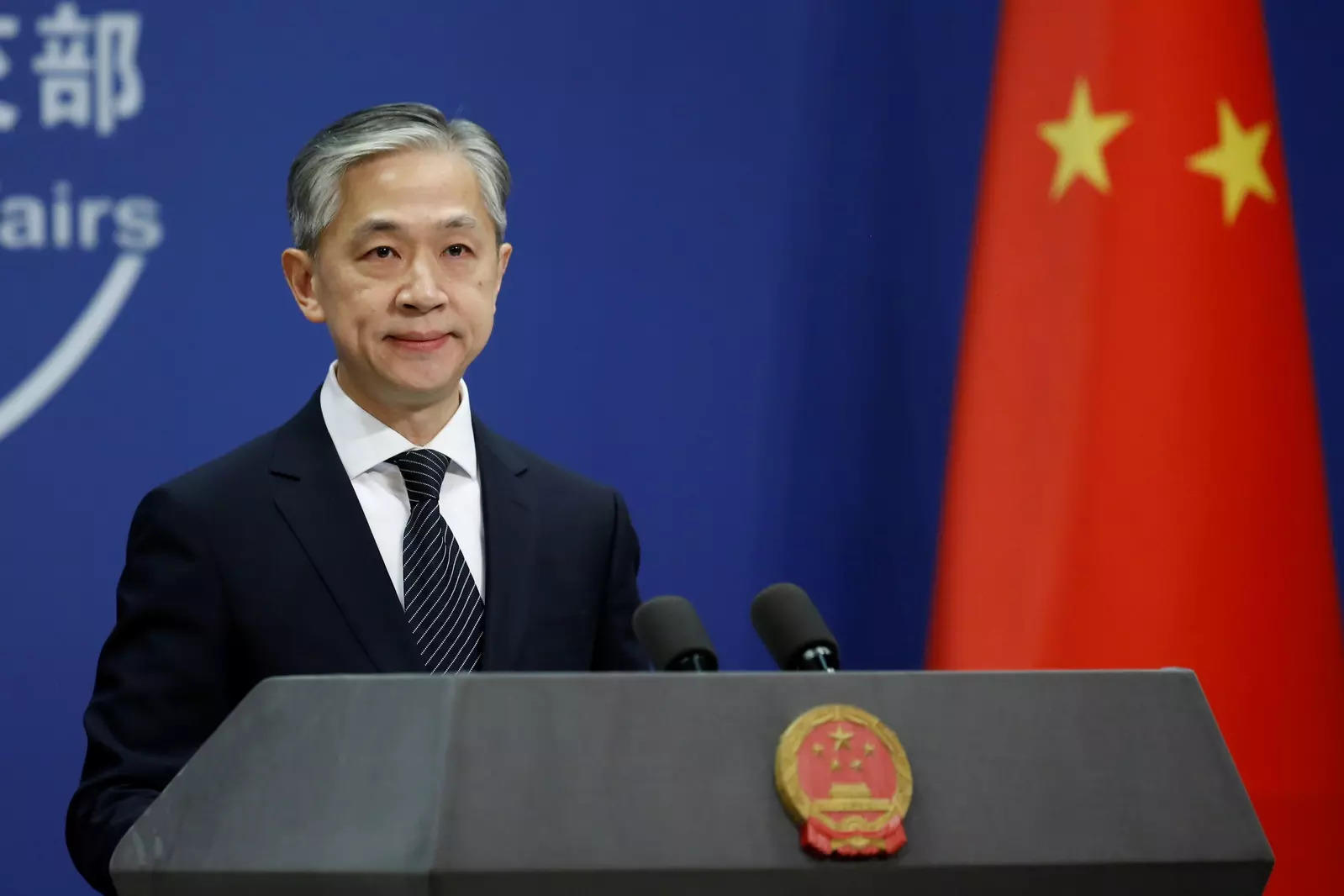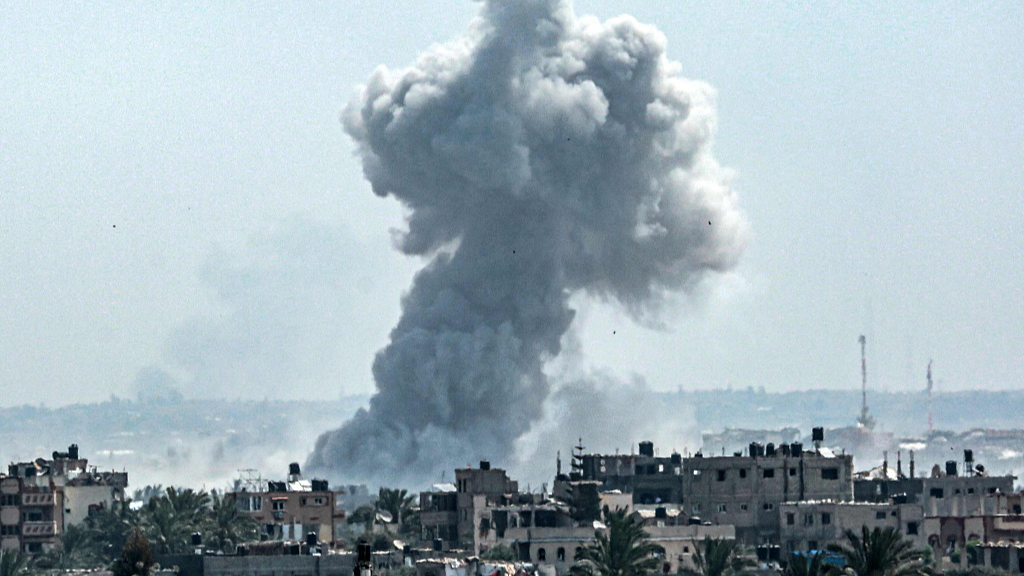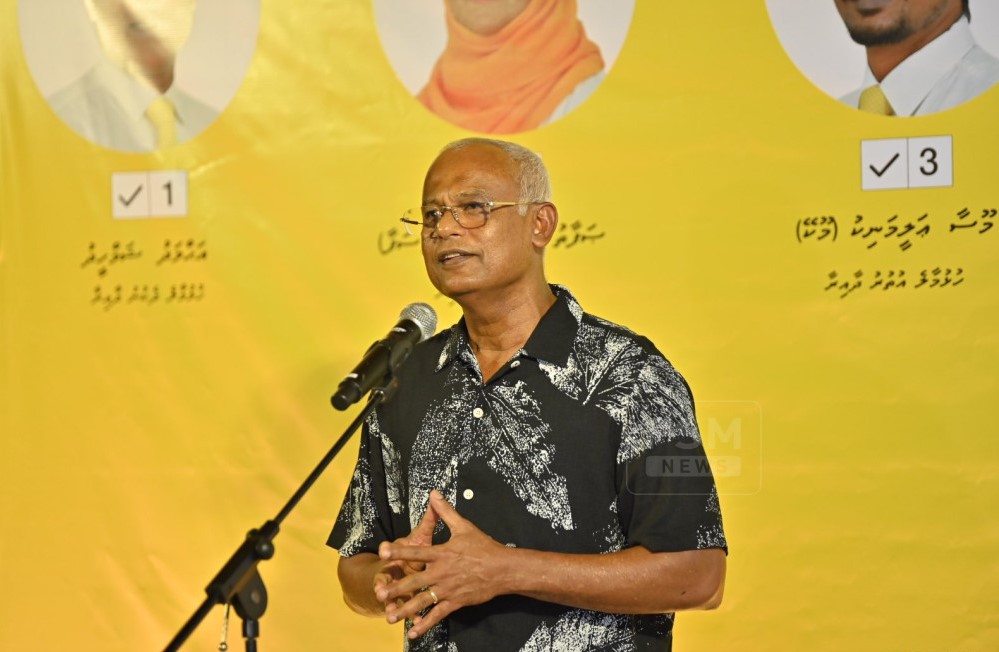CCTV: COP26 President Alok Sharma released the Climate Finance Delivery Plan, reiterating the $100 billion annual climate finance commitment developed countries made to developing countries, a target that was never realized throughout the past decade or so. Do you have any comment on this?
Wang Wenbin: Developed countries shoulder major responsibilities for climate change and historical emissions. It is not only their moral duty but also a binding international obligation under the UNFCCC and the Paris Agreement to provide funding and help developing countries deal with climate change. The 16th G20 Leaders’ Summit adopted the G20 Rome Leaders’ Declaration. It recalled and reaffirmed the commitment made by developed countries to the goal of mobilizing jointly $100 billion per year by 2020 and annually through 2025 to address the needs of developing countries and stressed the importance of meeting that goal fully as soon as possible.
Funding is key to addressing climate change. It is developing countries’ major concern that developed countries honor their funding commitment. At the Copenhagen and Cancun conferences, developed countries pledged to jointly mobilize $100 billion per year by 2020. The Paris Agreement stipulated that developed countries should continue to take the lead in mobilizing climate finance for developing countries. However, for more than a decade, developed countries have never truly delivered on their commitment. According to a recent report released by a well-known international think tank, developed countries’ annual funding fell short of the target. There are also problems like overreporting with inflated numbers or makeweight. Some countries even try to list green investment of the private sector and conventional infrastructure projects unrelated to climate change as official climate finance. The effective amount they actually provided is much lower than the official data. In particular, the US only paid less than 20 percent of its due share while Australia and Canada paid less than half.
China sets store by efforts to address climate change. As the largest developing country, China has overcome its own economic and social difficulties to resolutely follow a path of green and low-carbon development, implement the national strategy of actively addressing climate change, scale up its climate actions, and strengthen goals of Nationally Determined Contributions. We have been speeding up efforts to put in place a “1+N” policy framework for carbon peaking and carbon neutrality, making coordinated efforts to reduce pollution and carbon emissions and exploring new models of low-carbon development. In this process, China has made tangible contributions to global climate governance and the fight against climate change. In the meantime, China has allocated about 1.1 billion yuan for South-South cooperation on climate change in recent years, donated energy conservation and new energy products and devices to almost 40 countries, helped relevant countries to launch meteorological satellites, and trained nearly 1,500 officials and technical personnel working in the climate response sector of 120 developing countries, and done our best to provide assistance and support for fellow developing countries under the framework of South-South cooperation on climate change.
In the face of climate change, a common challenge for mankind and an unprecedented difficulty in global climate governance, the international community should take on its responsibility and make concerted efforts to seek harmonious coexistence of man and Nature. With COP26 underway, developed countries should demonstrate good faith in combating climate change, and take bolder actions to improve the quality of the annual climate finance of $100 billion that they pledged to provide for developing countries, and contribute their fair share to the fight against climate change and global climate governance.
MASTV: US President Biden apologized at COP26 for the Trump administration’s decision to withdraw from the Paris Agreement, saying it has put the country behind. Biden also called for strong actions to deal with climate change and urged major economies to honor their commitment. Does the Chinese side have any comment?
Wang Wenbin: As the largest emitter of greenhouse gases in cumulative terms, the US should face up to its historical responsibilities, maintain policy consistency, show greater ambition and actions, take the lead in fulfilling obligations of substantial emissions reduction, and provide financial, technological and capacity building support to help developing countries enhance their capacity to respond to climate challenges. Rhetoric can not substitute for actions. We hope that the US can introduce its action plan and roadmap for cutting carbon emissions by half before 2030 and ensure that there will be no reversal or retrogression of its climate policies in the future.
AFP: US President Biden said at COP26 that it is “a gigantic issue” and China just “walked away”, referring to addressing climate change. Does the foreign ministry have a response to this?
Wang Wenbin: Tackling climate change requires concrete action, not empty words. China’s actions on climate change are real. China adds about 12,000 hectares of forest area and 90,000 kW of installed photovoltaic capacity on average per day. We are building a batch of large-scale wind and PV projects with a total size of nearly 30 million kW.
Successful governance relies on solid action and actions speak louder than words. China and the US made joint efforts to promote the conclusion of the Paris Agreement, but later the US withdrawal disrupted global climate governance and the full and effective implementation of the agreement. The Chinese side welcomed the return of the US with a constructive attitude together with the international community. We hope that the US side will earnestly shoulder its due responsibilities, come up with and implement specific policies and measures on emissions reduction as soon as possible, honor its funding commitments, and stop chopping and changing all the time.

 News7 days ago
News7 days ago
 Sports5 days ago
Sports5 days ago
 World6 days ago
World6 days ago
 News4 days ago
News4 days ago
 World7 days ago
World7 days ago
 World5 days ago
World5 days ago
 Travel & Culture6 days ago
Travel & Culture6 days ago
 News6 days ago
News6 days ago






























